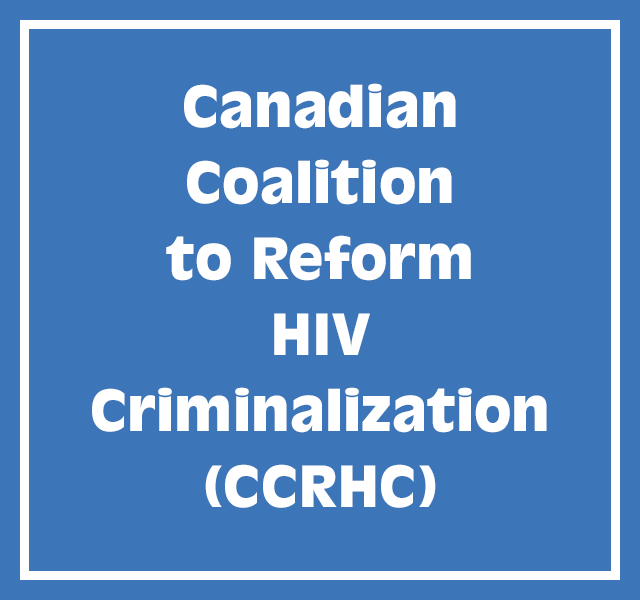The stories featured in the sound experience above are real and have been compiled from research interviews conducted by Alexander McClelland, as part of his doctoral research at Concordia University. In order to protect the confidentiality of research participants, these stories are composites and the names are pseudonyms; however, we have sought to respect individual experiences as best we can.
You can find more information on each individual in the sound experience below.
Michael
Michael is a straight Black man. He is in his mid-20s and has one child. Michael has an undetectable viral load, and was counselled by his doctor that his risk of infecting a partner is effectively zero. After a break-up with his then-girlfriend, she complained to police that he did not disclose his HIV-status; he maintains that he both disclosed and used condoms.
While awaiting trial, Michael was denied bail and spent two and a half years in pre-trial remand detention, which was a combination of house arrest and prison. While incarcerated, he was denied his prescribed anti-retroviral medication for more than a week.
The charges against Michael were ultimately dropped because Crown prosecutors did not have enough evidence of wrongdoing to take the case forward.
Rachel
Rachel is a woman in her early 30s, living with an undetectable viral load. She has three children, and is the primary caregiver to one of those children. Rachel was in an abusive relationship, and her partner pressured her into sex work. She did not, at any time, transmit HIV to a partner.
In a police-led sting operation, authorities attempted to coerce Rachel into saying she would have unprotected sex for pay without disclosing her status. Despite having condoms on her person, these condoms were used as evidence against her for working as a sex worker. They were not considered as evidence that she was protecting both herself and her partners.
After being advised to plead guilty, Rachel spent two and a half years in prison where she was denied her prescribed anti-retroviral medication for three weeks. She is no longer in prison, but is a registered sex offender for life.
Lenore
Lenore is an Indigenous woman with a history of being subjected to sexual violence. She acquired HIV after a former sexual partner raped her. Lenore has an undetectable viral load.
While intoxicated, she had sex with a man and was unable to disclose her status. A condom was not used, but she was aware that she was undetectable and the risk of transmission was effectively zero. She did not transmit HIV to her partner.
Lenore was subject to racial abuse from police when she was arrested, and was also subject to privacy breaches—including a leak of her high school graduation photo to media, which was widely published. Lenore was sentenced to two and a half years in prison for aggravated sexual assault and is now registered as a sex offender for life.
Laurence
Laurence is a gay man in his late 40s. For years, he has dealt with mental health and addiction issues; this includes struggling to disclose his HIV status, for which he sought counselling.
During a particularly difficult struggle with depression, drug use and gambling, Laurence did not disclose his HIV status to his partner. HIV was allegedly transmitted to his partner, however no scientific evidence was presented at trial as proof. Despite requiring mental health support, Laurence was incarcerated following his conviction; he was subject to regular abuse in prison after officers leaked his charges to other inmates. He also spent a long period of time in solitary confinement.
Now out of prison, Laurence is unable to work in the jobs he previously held due to the background check requirements. He is a registered sex offender for life.
Get involved
These are just four stories out of many that show how much work still needs to be done to end the over-criminalization of HIV in Canada. You can make your voice heard today by asking the federal justice minister, and the provincial and territorial attorneys general to follow the recommendations laid out in the National Community Consensus Statement.
For more information on the research project that these stories are from please go to crimproject.ca.
